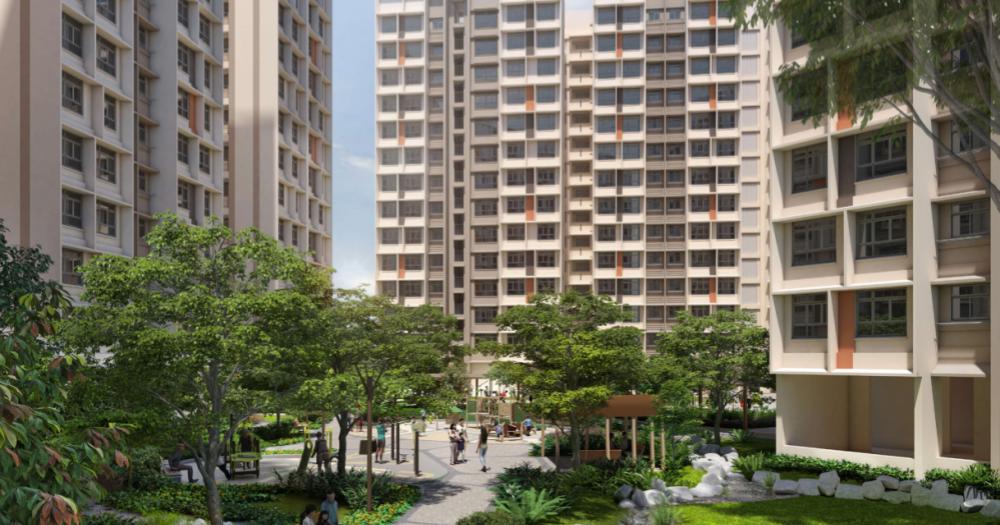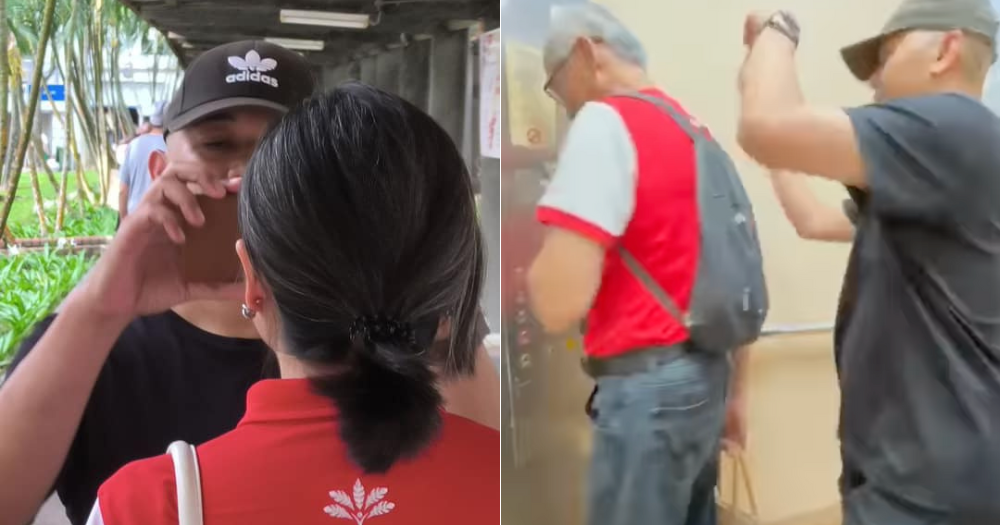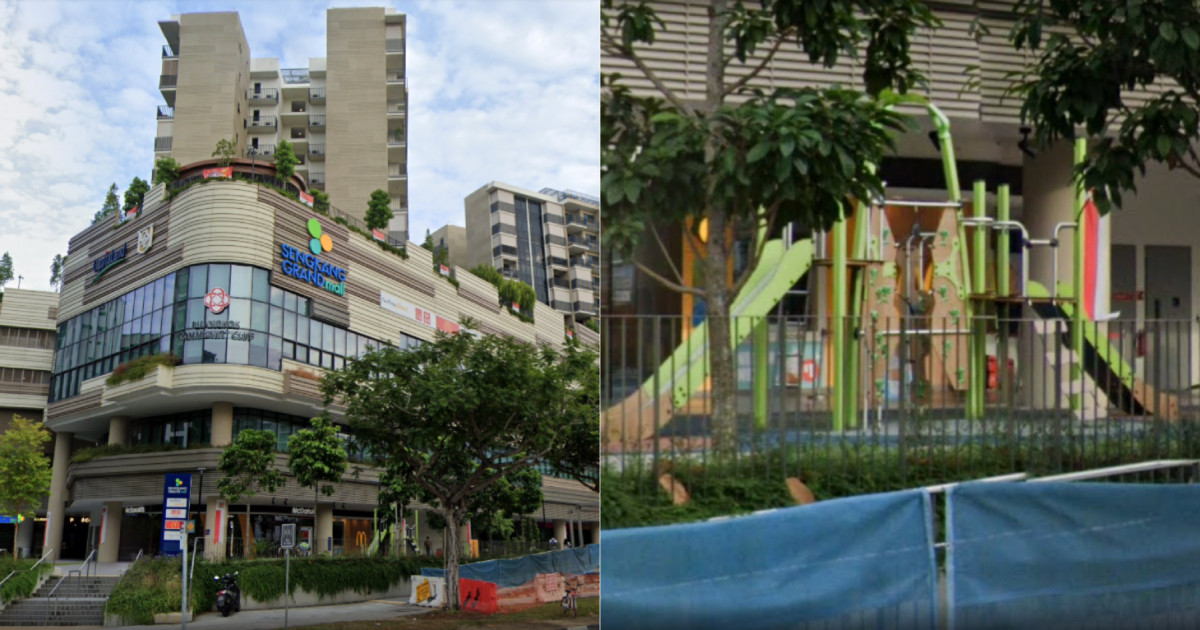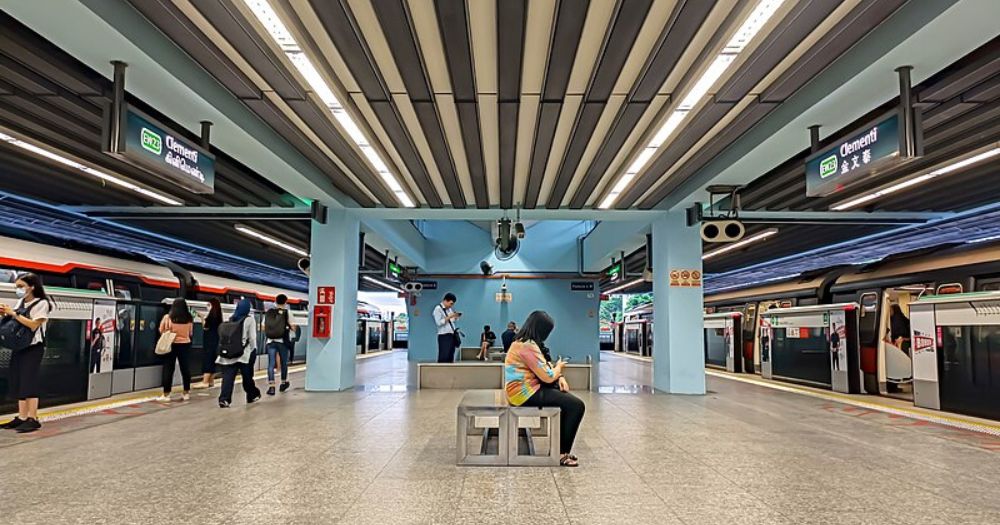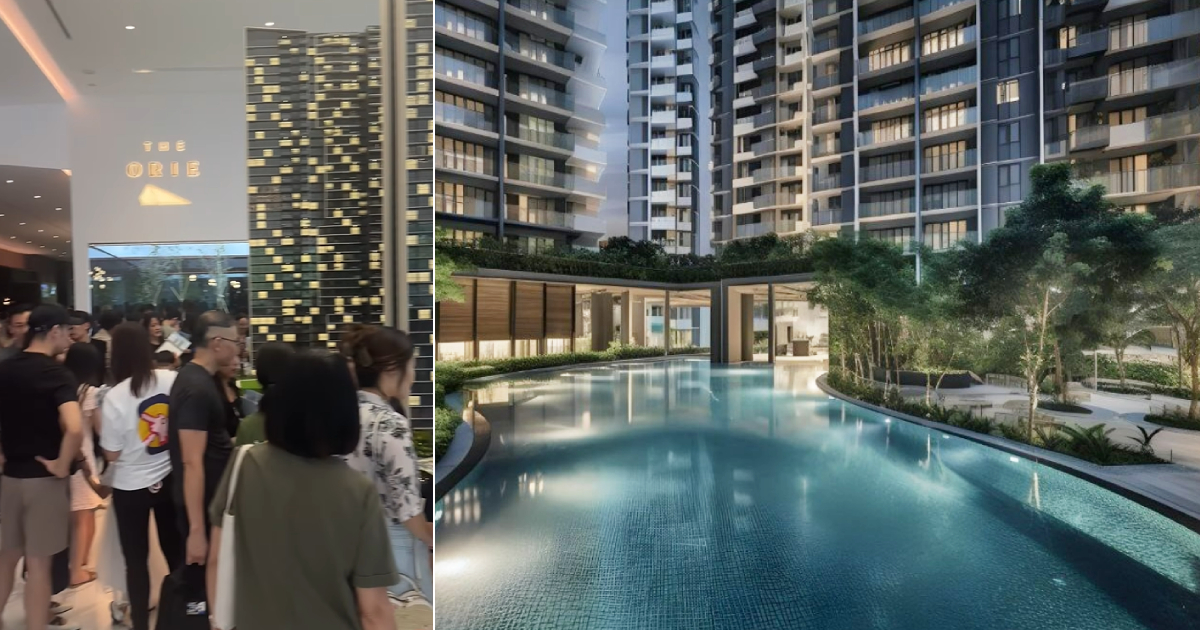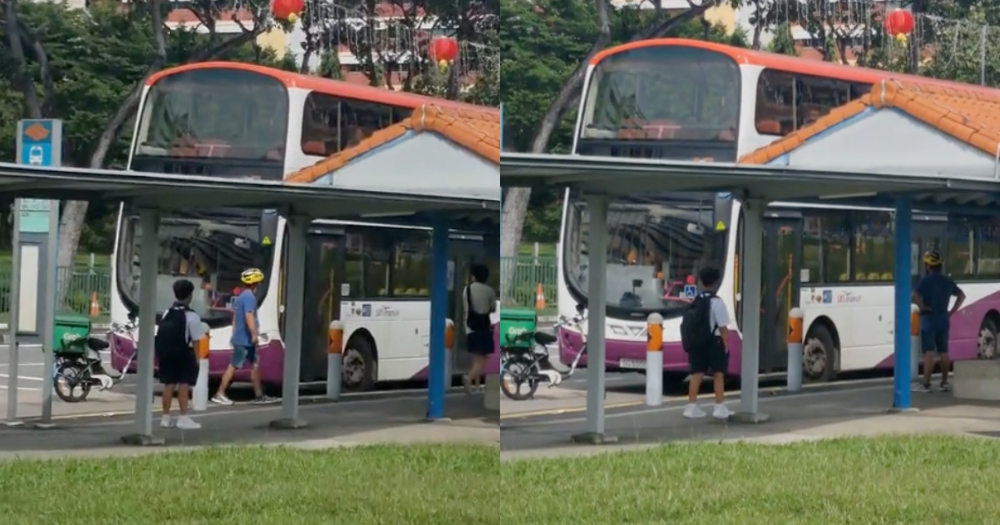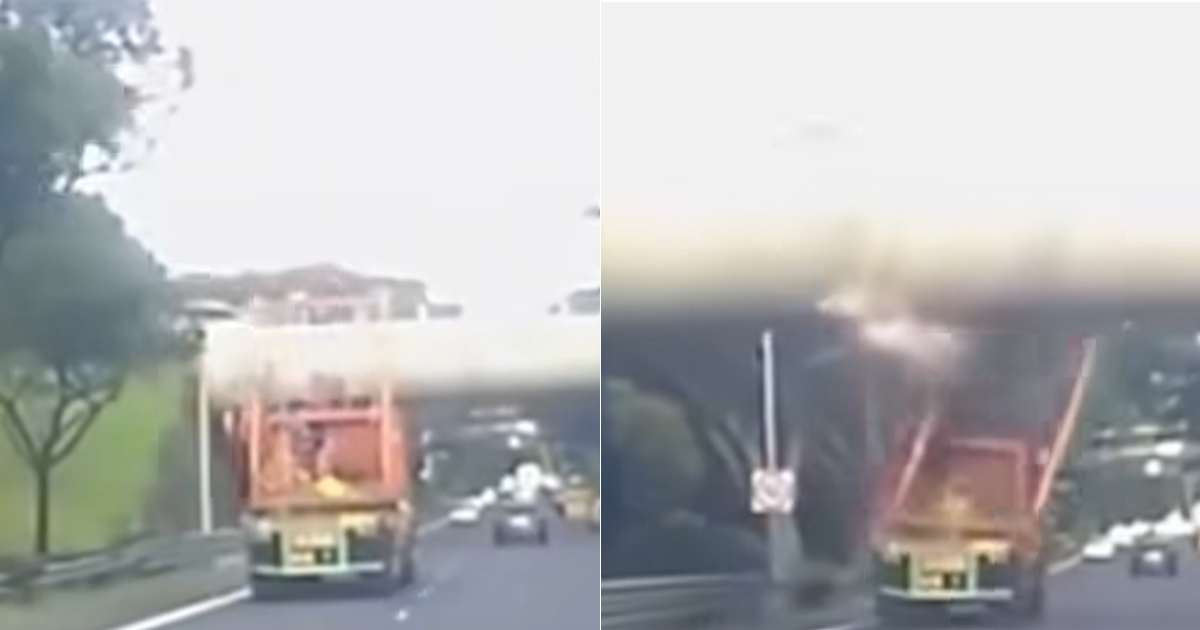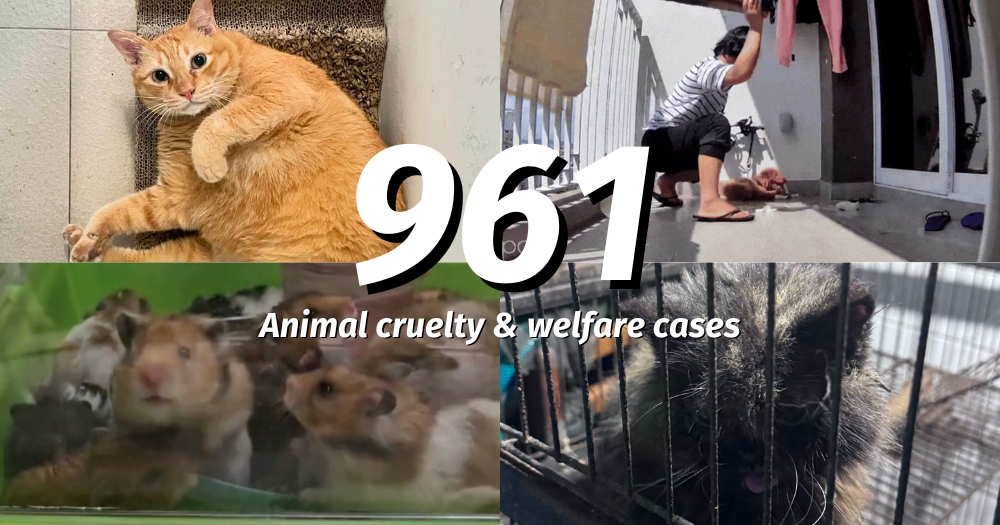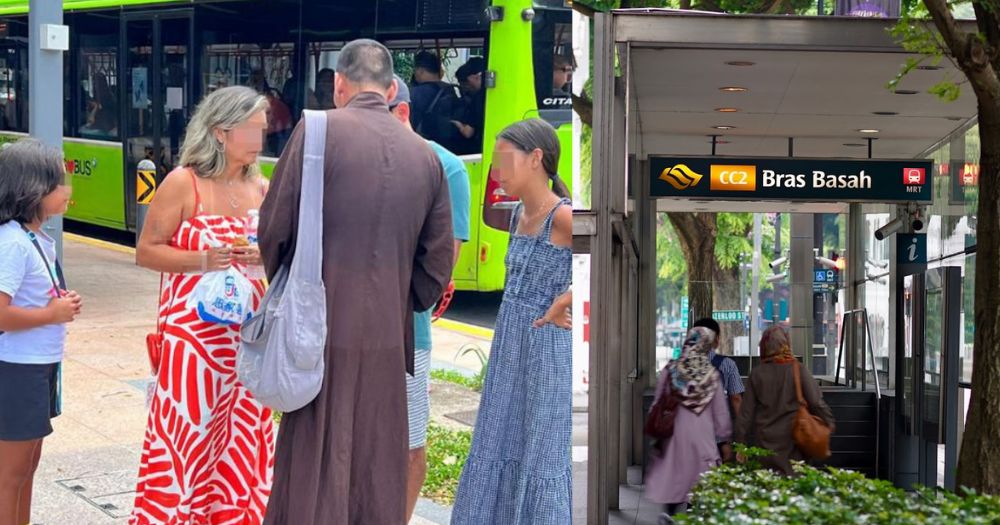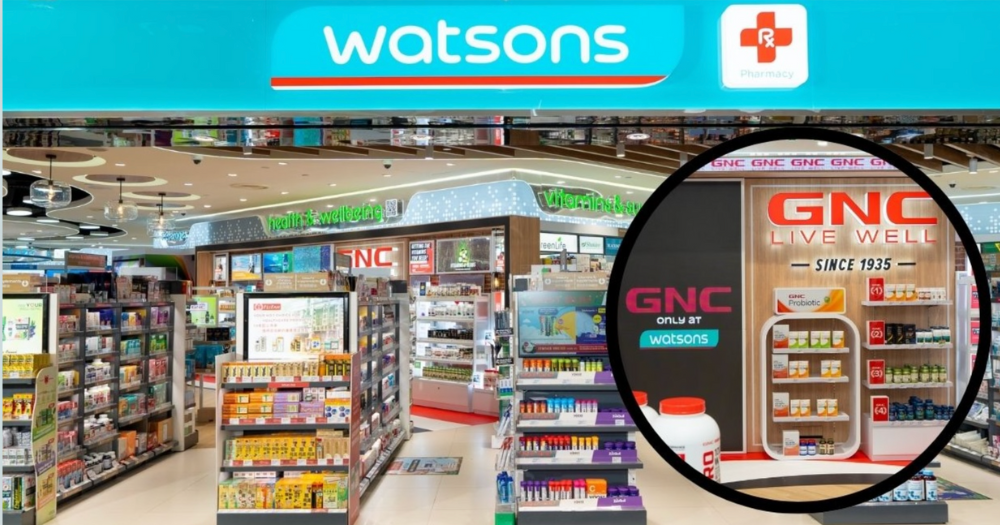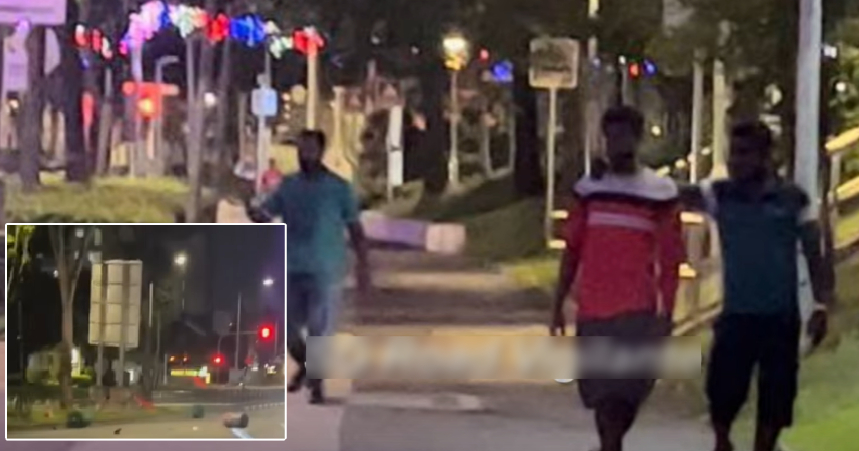Petronas Towers lit up for 1st Leaders' Retreat with PM Wong & M'sia PM Anwar
The two leaders witnessed the signing of several MOUs and the Johor-Singapore Special Economic Zone agreement.
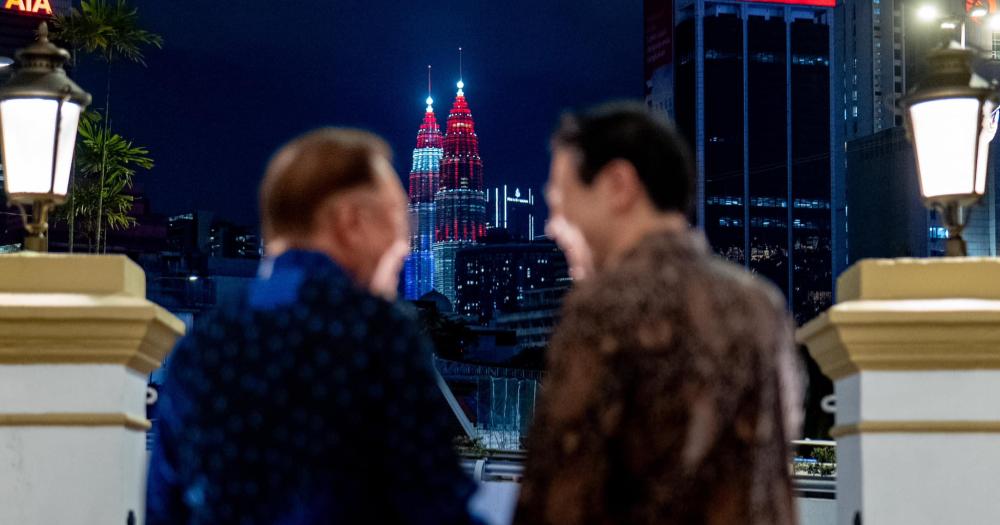
The Prime Ministers of Singapore and Malaysia, Lawrence Wong and Anwar Ibrahim met in Putrajaya on Jan. 7 at the 11th Malaysia-Singapore Leaders’ Retreat.
During the meeting, they discussed many issues regarding the bilateral relationship and witnessed the signing of several Memorandums of Understanding (MOU).
The Johor-Singapore Special Economic Zone (JS-SEZ) agreement, laying out its perimeter and goals, was also signed.
Musical accompaniment
The retreat was initially due to be held in December 2024, but was delayed due to PM Wong catching Covid-19.
It now comes at the start of Malaysia’s Chairmanship of Asean, which rotates annually between member states, as well as the 60th anniversary of bilateral relations between the two countries in 2025.
PM Wong arrived in Malaysia on the evening of Jan. 6 and was hosted to dinner by Anwar at Rumah Tangsi, a conserved heritage building with a view of the Petronas Twin towers.
The towers were decked out in the colours of Singapore and Malaysia's national flags.
Jan. 7 saw the two parties meet in Putrajaya.
PM Wong was accompanied by Deputy Prime Minister and Minister for Trade and Industry, Gan Kim Yong, Foreign Minister Vivian Balakrishnan, Home Affairs Minister and Law Minister K Shanmugam, Education Minister Chan Chun Sing, Social and Family Development Minister Masagos Zulkifli, National Development Minister Desmond Lee, Transport Minister Chee Hong Tat, and Senior Minister of State in the Ministry of Foreign Affairs and Ministry of National Development, Sim Ann.
The delegation was hosted at a welcome luncheon, where there was, apparently, some music.
Special Zones
After the exchange of MOUs, Anwar and PM Wong spoke to the press.
Anwar described Singapore not only as a “neighbour, but a very important ally”, and said he was committed to enhancing bilateral relations.
If there was one thing that the Malaysian press has been looking forward to with the 11th Leaders’ Retreat, it is perhaps the announcement of details regarding the Johor-Singapore Special Economic Zone (JS-SEZ).
Anwar described the JS-SEZ as a “spectacular sort of move”, both within the region and internationally.
He looked forward to working with PM Wong and working to ensure the success of Johor, Malaysia, and Singapore.
The New Straits Times (NST) cited Malaysia’s Economy Minister, Rafizi Ramli, as saying Malaysia and Singapore had set an ambitious target of attracting 100 projects in the next decade.
Eight zones in Johor
The JS-SEZ will cover eight flagship zones, and each area will champion projects from different sectors of the economy.
The eight zones are the Johor Bahru City Centre, Iskandar Puteri, Tanjung Pelepas-Tanjung Bin, Pasir Gudang, Senai-Skudai and Sedenak, Pengeran Integrated Petroleum Complex, Desaru, and Forest City; essentially the entire southern tip of Johor.
The Forest City zone would focus on financial services as the home to the Special Financial Zone, while Desaru would focus on sectors such as education, food security, health, and, of course, tourism.
The JS-SEZ would also cover new priority sectors, such as aerospace, electrical and electronics, chemical, medical devices, and pharmaceuticals, in addition to other sectors, such as business services, digital economy, healthcare, manufacturing, tourism, education, logistics, energy and food security.
Malaysia’s Economy Minister, Rafizi Ramli, was quoted by the NST as saying that both countries were committed to promoting the expansion of 50 projects for the first five years.
“What we really want to do is populate the JS-SEZ with the right portfolio and investors.”
Rafizi said he believed the first wave of businesses would be global companies looking to manage geopolitical risk.
The JS-SEZ had an advantage because of “Asean’s viability as a major economy in the next 15 years”, Rafizi added.
The Malaysian government would establish a fund for the purposes of infrastructure support.
Meanwhile, Singapore's government would design funding support to help the expansion of Singaporean companies in the JS-SEZ.
Rafizi also spoke about a number of pro-business policies and incentives that Malaysia would use to drive business growth in the JS-SEZ, such as special corporate and personal income tax rates for companies that invested in “high growth and high value added activities” within the zone.
PM Wong called the JS-SEZ an important project which would build on the complementary strengths of Singapore and Johor, allowing both to be more competitive, enhancing their value proposition, jointly attracting more investment to both areas.
“By doing, so it will create good jobs and more opportunities for our peoples.”
Intangible cultural heritage
PM Wong also emphasised that there was more to the bilateral relationship than just JS-SEZ.
Since PM Wong’s first introductory visit in 2024, the pair have met several times, including at multilateral meetings.
“We do agree on a shared vision of growing connections and connectivity between our two countries.”
He gave the example of the joint nominations of the Kebaya and Chingay for UNESCO’s Intangible Cultural Heritage list.
PM Wong acknowledged that 2025 was the 60th anniversary of diplomatic ties, and the two countries were investing in their shared future together.
One example was the exchange of English teachers through the Malaysia-Singapore English Volunteers Program, which had been initially discussed during PM Wong’s introductory visit.
Transport and power
PM Wong also said that a priority for the bilateral relationship was transport connectivity.
The RTS Link will commence services in 2026, and would be able to carry 20,000 passengers every hour — more than the current KTM shuttle does in an entire day.
It was an important step in seeing how both countries could enhance connectivity.
Singapore was for its part, working hard to redevelop the Woodlands checkpoint, in order to help tackle congestion.
PM Wong said energy sustainability was a key priority for both countries, and that he and Anwar had discussed with Asean partners about cooperating on green energy and sustainability through cross-border electricity trading, as well as the Asean Power Grid.
Both countries were looking at a number of projects; some of which would pass through Laos, Thailand, Malaysia and Singapore, as well as one that will come from Sarawak.
PM Wong said Singapore fully supported Malaysia’s Asean chairmanship for 2025 and that he was confident that Malaysia’s community-building efforts and engagement with key partners would continue to grow from strength to strength under Anwar’s leadership.
Related story
Top image via Anwar Ibrahim/Facebook
MORE STORIES








